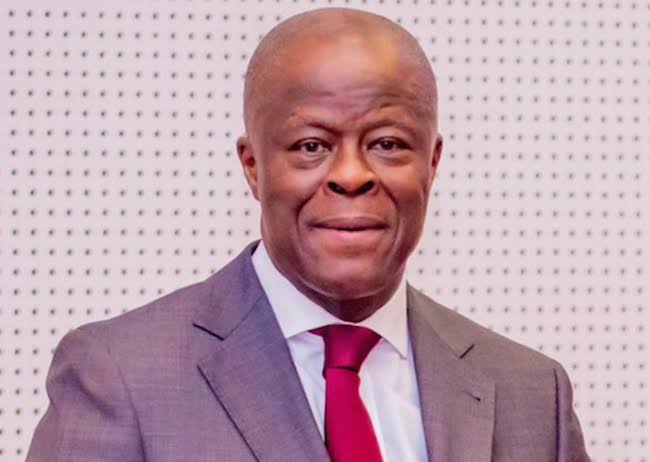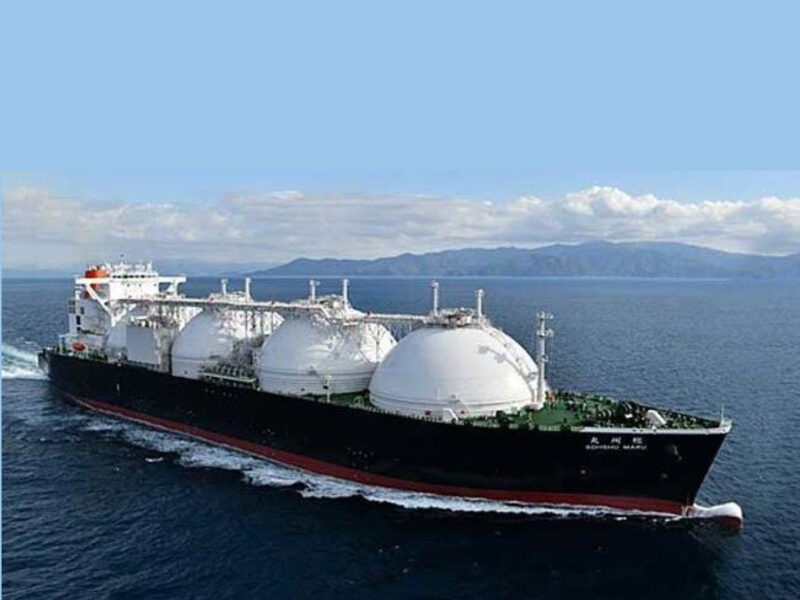
The Minister of Finance and Coordinating Minister of the Economy, Wale Edun, has revealed that Nigeria spends a staggering $600 million on fuel importation every month. According to him, the high import bill is due to neighboring countries, including those in Central Africa, benefiting from the country’s fuel imports.
In an interview on AIT’s Moneyline program, Edun explained that the removal of fuel subsidy by President Bola Tinubu last year was necessitated by the country’s inability to track internal fuel consumption. The minister noted that the subsidy was being exploited by a few individuals, while the majority of the population did not benefit from it.
Fuel Importation benefiting neighbouring countries
Edun also highlighted the issue of Nigeria’s fuel imports being consumed by neighboring countries, saying that the country is buying fuel not just for its own consumption, but also for other countries. “We are buying for countries to the east, almost as far as Central Africa. We are buying for countries to the North and we are buying for countries to the West,” he said.
The minister emphasized the need for Nigeria to take a decisive step to tackle this problem, which is hindering the country’s economic growth. He also highlighted the importance of ensuring food availability and affordability, particularly for the vulnerable population.
On a related issue, Edun clarified that the recent N570 billion fund release to state governments was a reimbursement received from December last year onwards. The fund was part of the COVID-19 financing protocol, and the minister assured that the states have received more money.
The minister also spoke about the recent decision to raise the maximum borrowing percentage in the Ways and Means from five to 10 percent. He clarified that this move does not imply that the Federal Government relies on the Central Bank of Nigeria financing. Instead, the government has used market instruments to manage its debts.
Edun emphasized that the government’s priority is ensuring food availability and affordability, and that there is a concerted effort to achieve this goal. He assured that any importation of food will be done after exhausting local supplies and will not undermine local farmers.
The minister concluded by emphasizing that the government’s interventions aim to reduce inflation, stabilize exchange rates, and lower interest rates, thereby creating a conducive environment for investment and job creation.










Join our Channel...